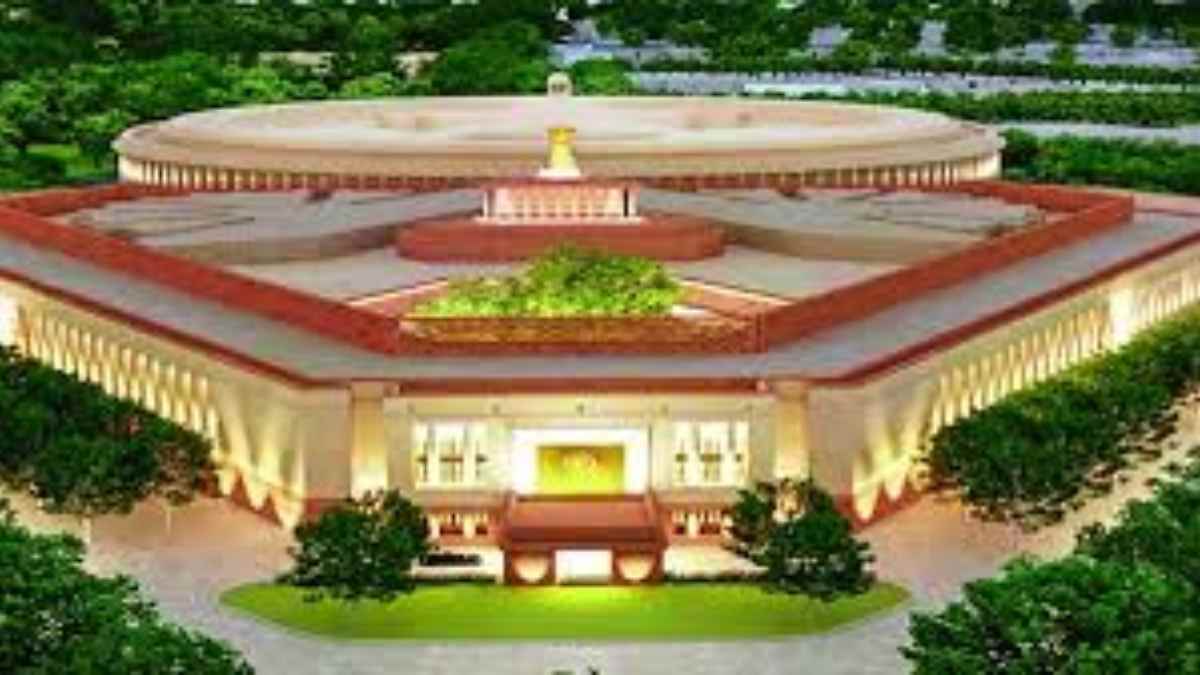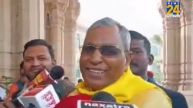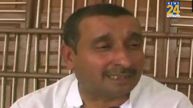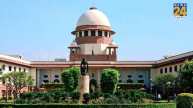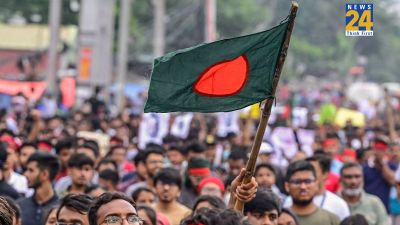As Law Minister Arjun Meghwal has already indicated, the 129th Constitution Amendment Bill, or the One Nation One Election bill as it is called now, may be sent to the Joint Parliamentary Committee. However, the Lok Sabha speaker must form a 31-member committee comprising all stakeholders including MPs from different political parties, both from the treasury benches and the opposition. It may also contain legal experts and former members of the Election Commission.
However, the motion to report the Constitution Amendment Bill should be moved to the House. Rule 157 of the Rules of Procedure and Conduct of Business in Lok Sabha says that the Constitution may be reported to the Select Committee or the JPC when it gets the support of more than half of the total number of the House and more than a two-thirds majority of the members present and voting.
Will Speaker Rush To Form JPC?
On the other hand, former Lok Sabha General Secretary PDT Achary has said that a “special” majority, which means more than half of the total strength of the House and more than two-thirds of the members present and voting, is not required to report the Constitution Amendment bill to the JPC.
The Lok Sabha will have to rush the bill to the JPC before the winter session of Parliament comes to an end on December 20.
Out of 31 members, 21 should be from Lok Sabha and 10 from Rajya Sabha.
What Can JPC Do?
After the bill is reported to the JPC, the committee may elicit the opinions of experts, public bodies, associations, individuals or interested parties.
It can issue summons to witnesses and if they do not appear before the JPC, it can be treated as contempt of the House.
The JPC can take oral evidence or it can ask for written evidence or demand documents in connection with a matter under its consideration.
The proceedings of parliamentary committees are confidential, but the Chairman of the JPC may brief the press if he thinks it fit in the wider public interest.
Generally, the government is expected to cooperate with the JPC, however, it can decline to produce a document if it considers it prejudicial to the safety or interest of the State.
The Speaker has the final word on any dispute in this matter.
Who May Join JPC?
The office of the JPC Chairman is most likely to go to the BJP and Ravi Shankar Prasad and Anurag Thakur are the main contenders. Earlier, Prasad has served as a Law Minister in the Narendra Modi government.
If media reports are to be believed, the Congress has suggested the names of Priyanka Gandhi, Manish Tewari, Randeep Singh Surjewala, and Sukhdev Bhagat for the JPC.
Saket Gokhale of the TMC and T M Selvaganapathi of the DMK may also join the JPC on the ONOE bill.
Shrikant Shinde of the Shiv Sena and Sanjay Jha of the JD(U) may also join the panel from the treasury benches.
Also Read: Congress-Led INDIA Bloc Rallies To Oppose ‘One Nation, One Election’ Bill on Federalism Grounds
Either Lavu Sri Krishna Devarayalu or G M Harish Balayogi from the TDP may also be member of the JPC.
The Biju Janata Dal may send Manas Ranjan Mangaraj to the panel.
Besides, the BJP, the Shiv Sena, the TDP, and the JD(U) have strongly defended the ONOE bill on the floor of the House.
Considering the nature of the bill and the division that it has created among members in the House, the JPC meetings are most likely to be stormy.
What Next?
After the JPC makes its final report, it may be tabled on the floor of the House. It will require a special majority, meaning more than half of the total strength of the Lok Sabha and more than two-thirds of members present and voting in the house.
The bill has to be cleared with a special majority also in the Rajya Sabha.
The special majority in the present Lok Sabha means 362 votes and 162 votes in Rajya Sabha.
If the 129th Constitution Amendment Bill is approved by both houses of the Parliament, it should be ratified by more than half of the total number of state assemblies.

